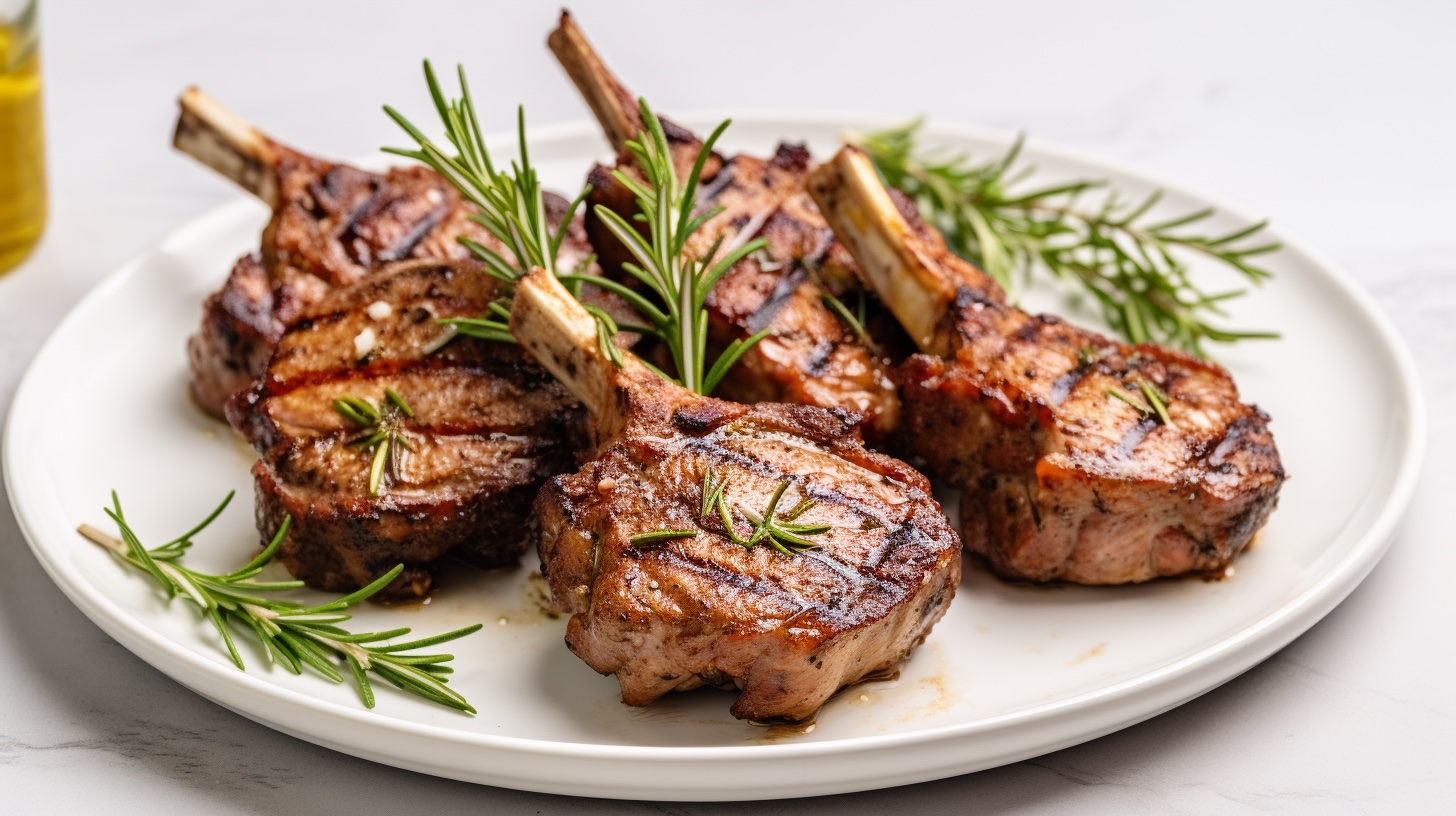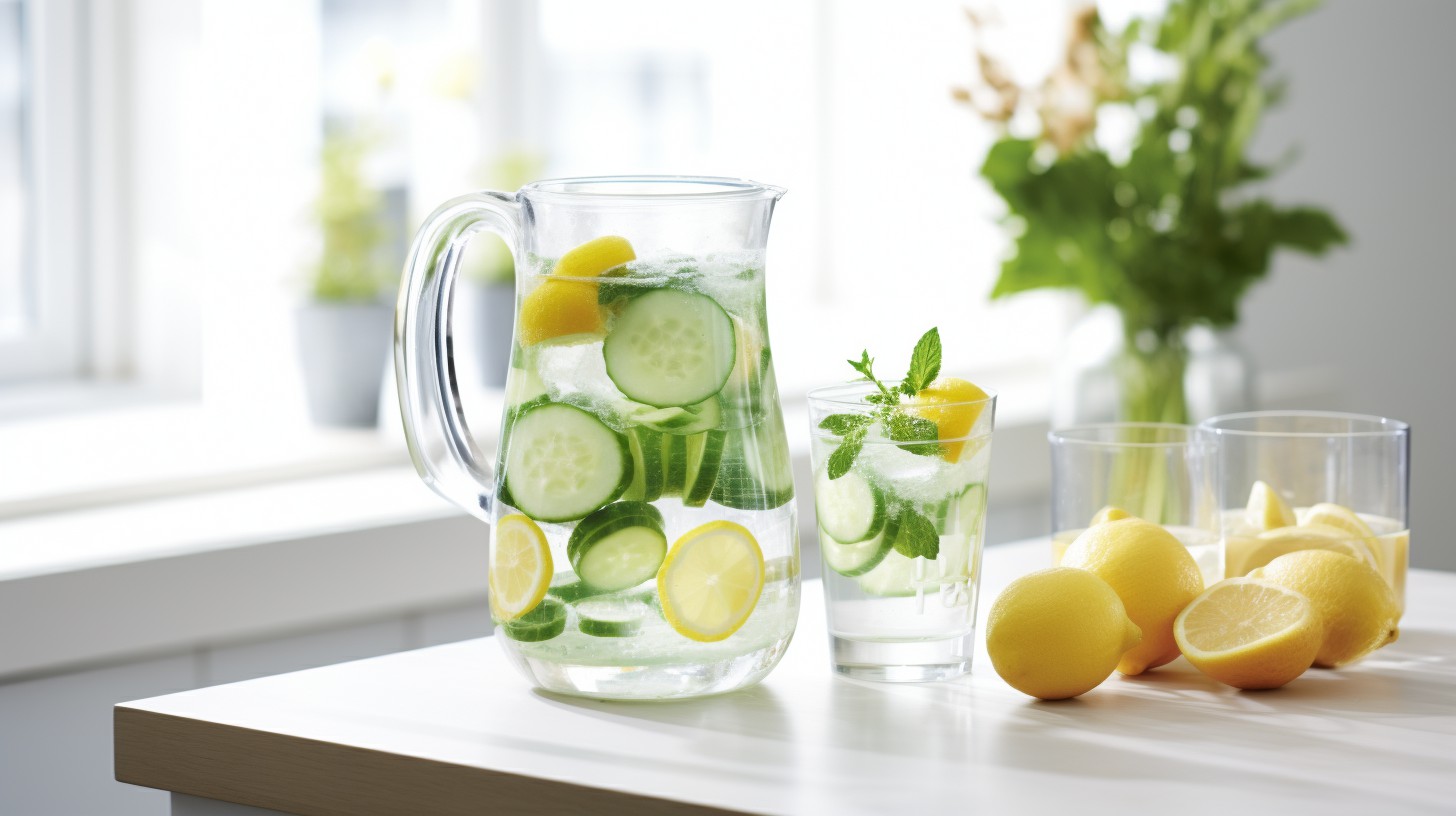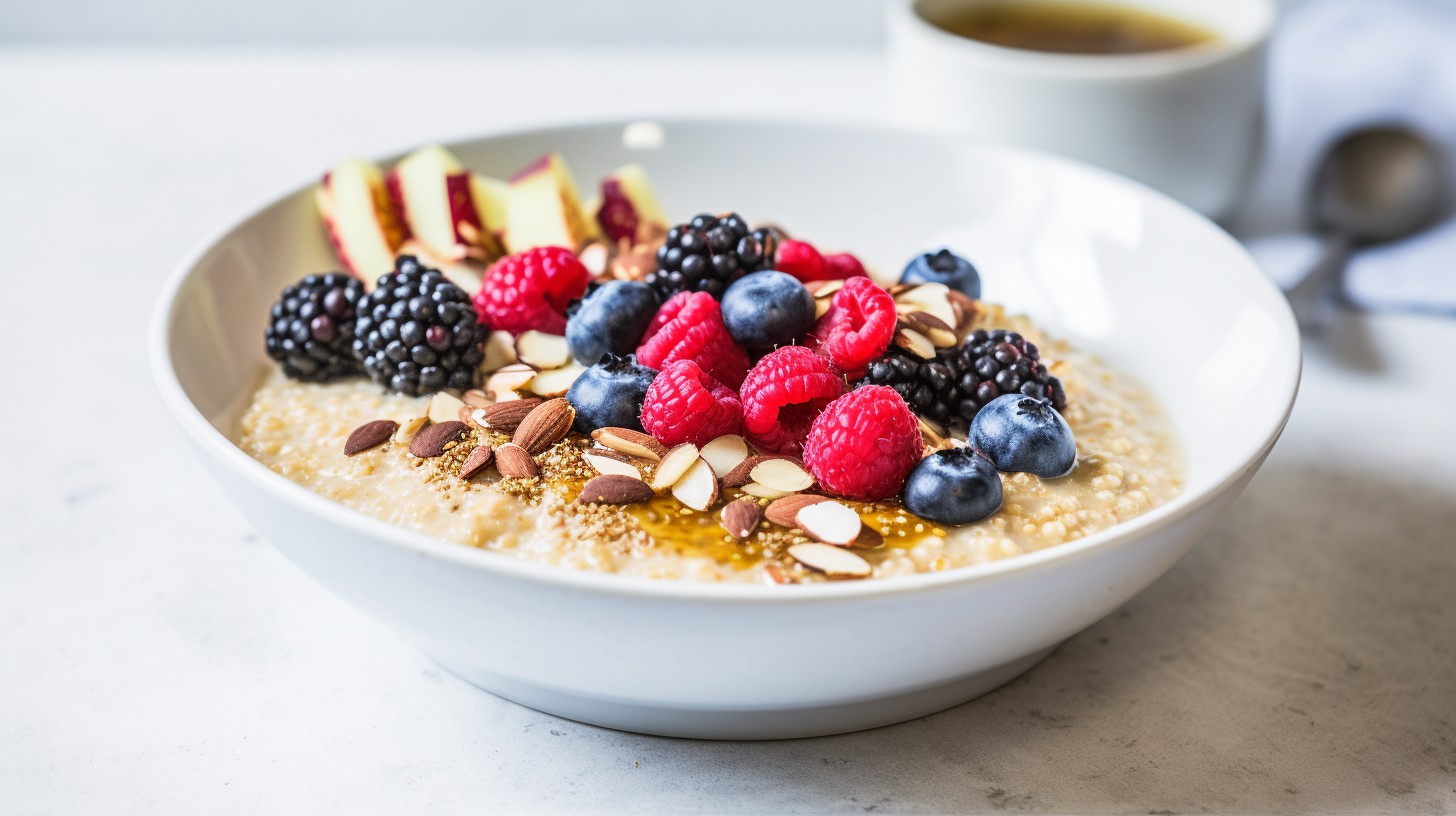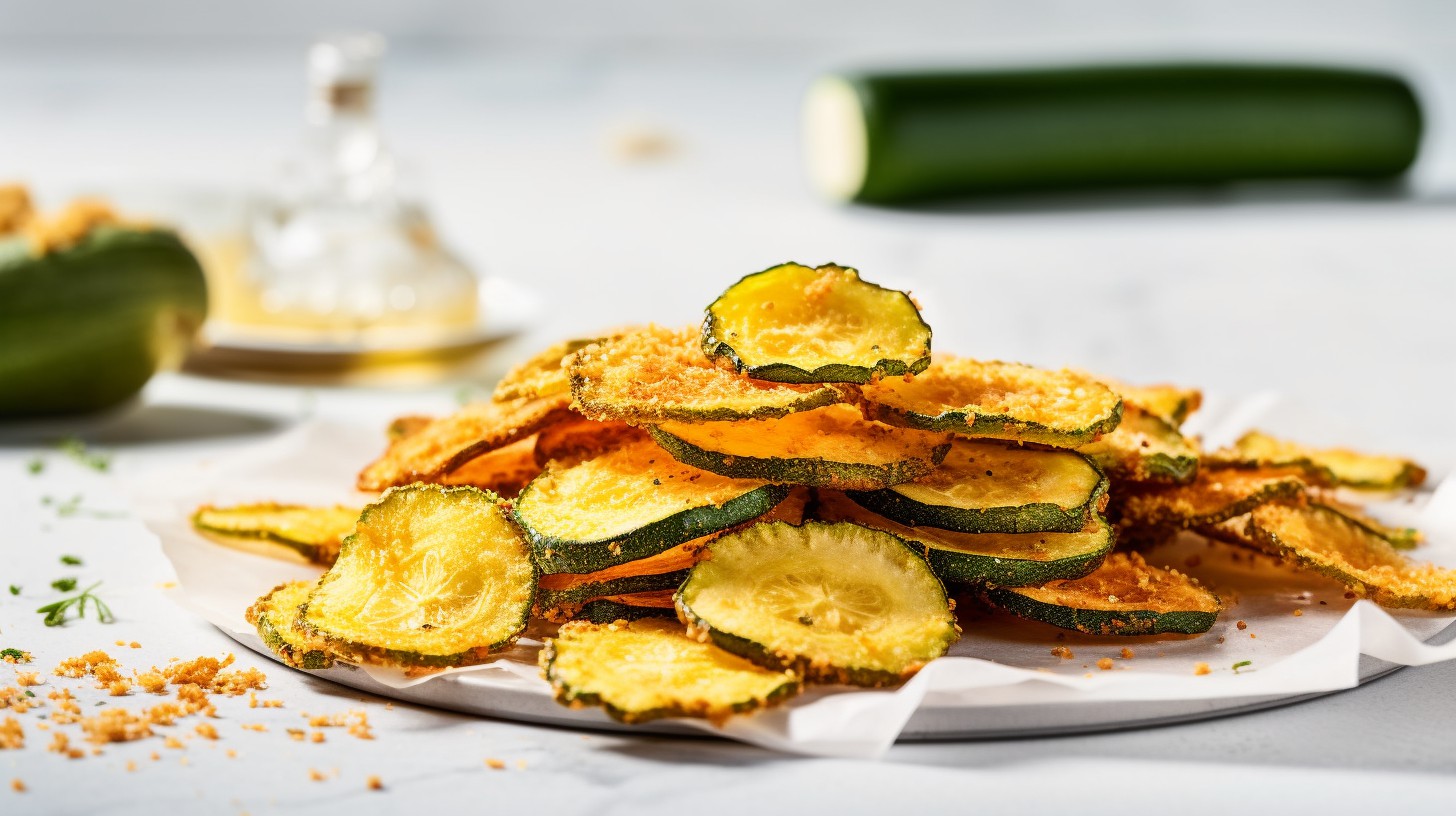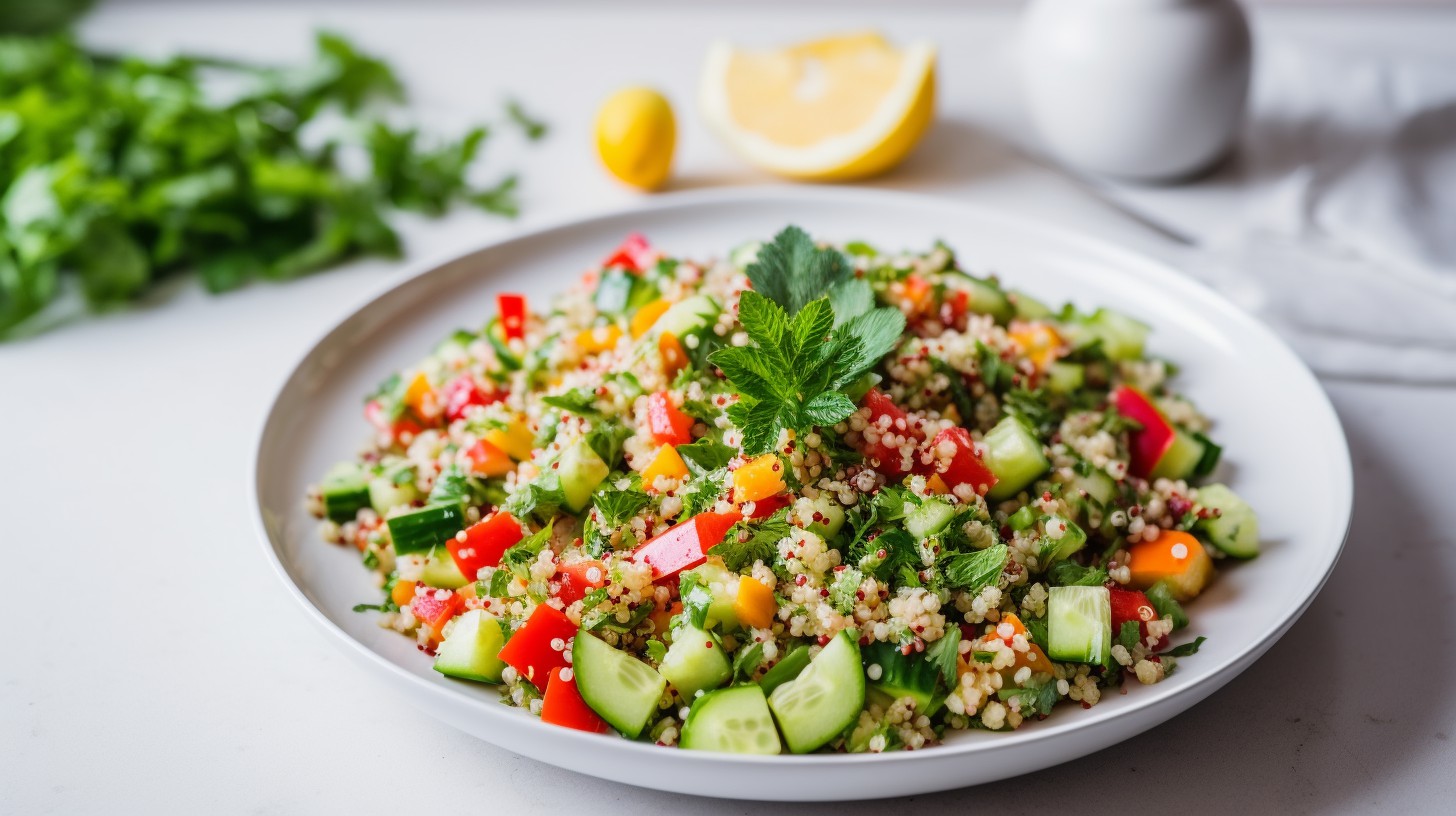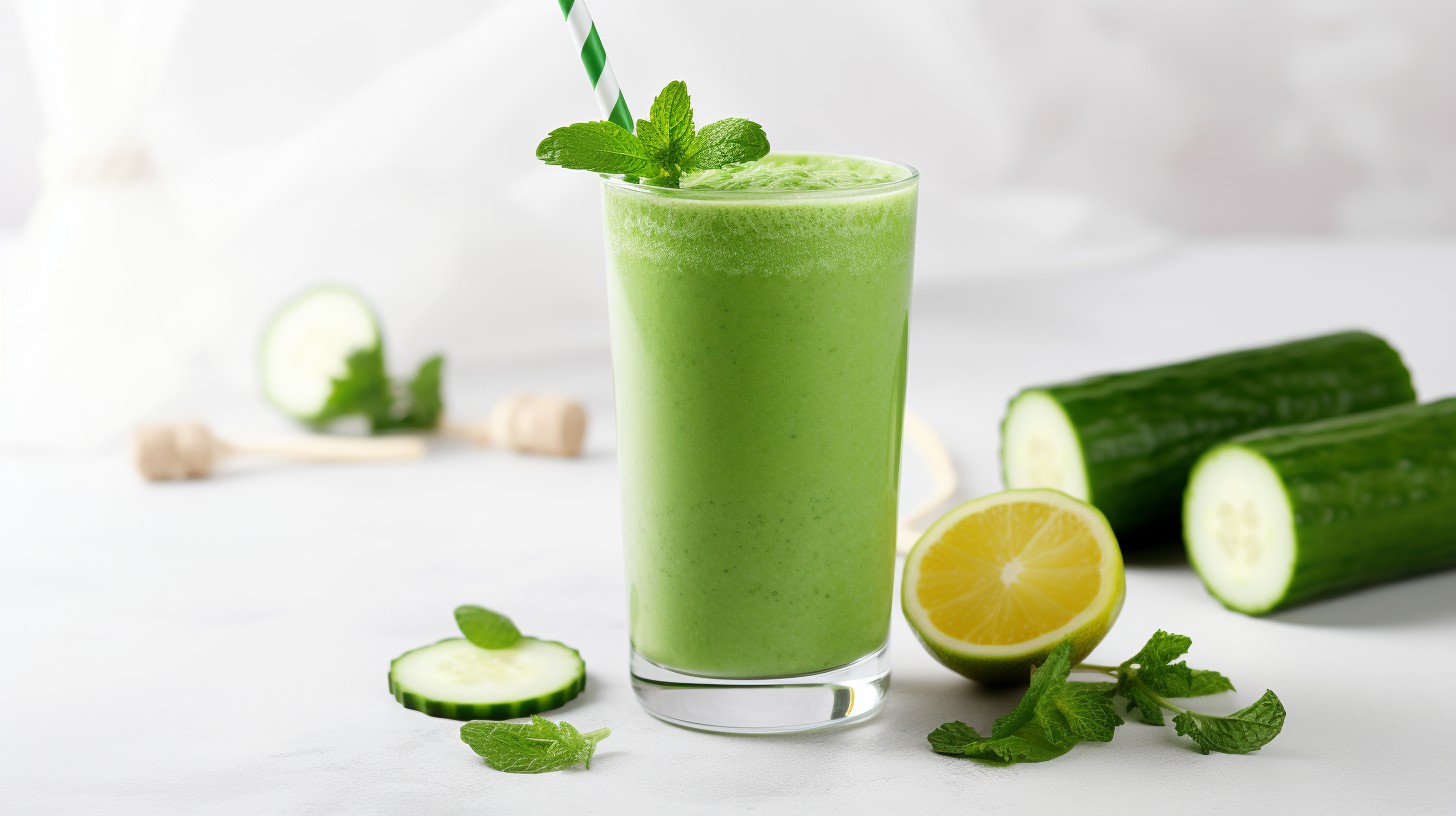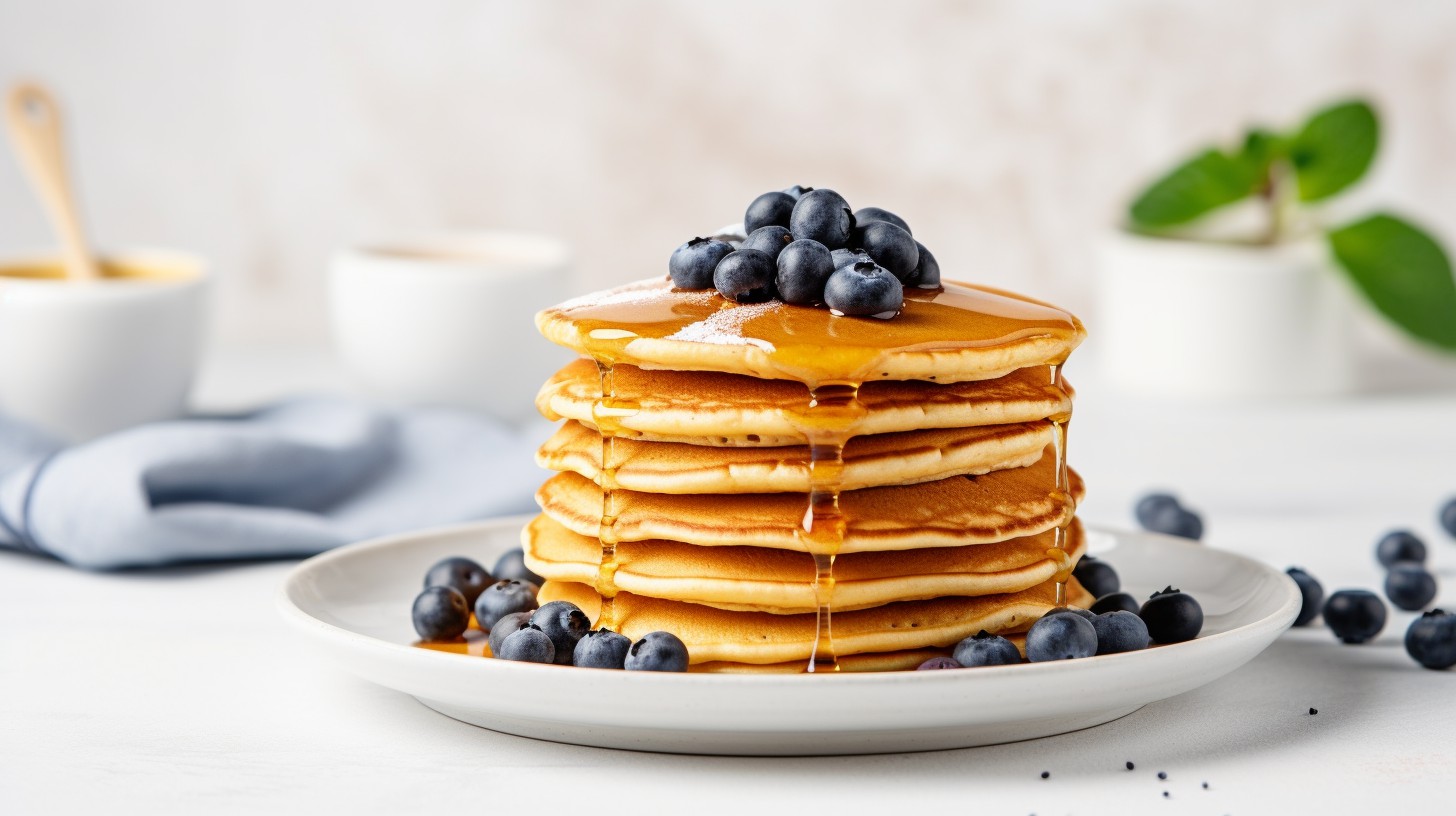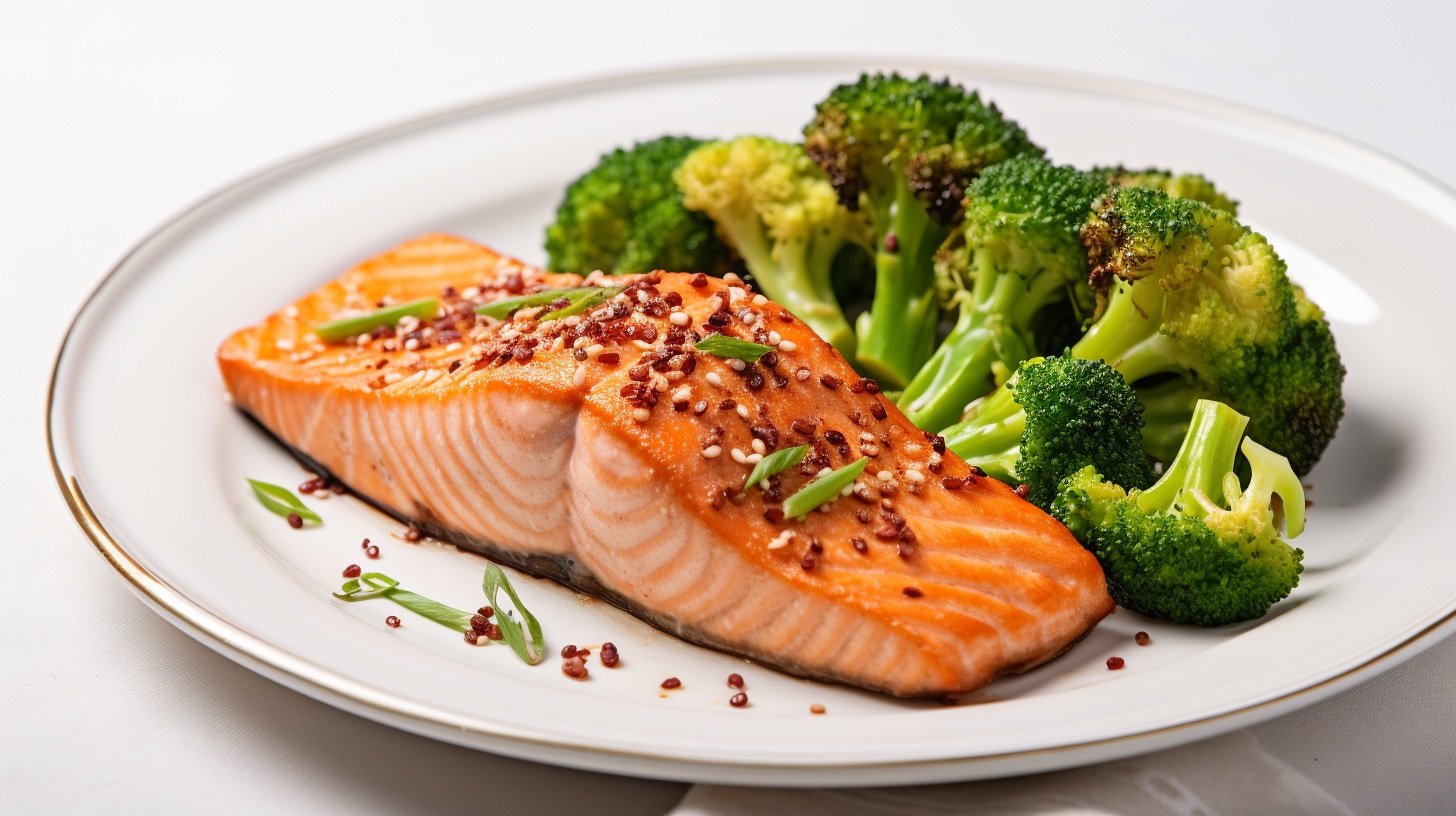Are Lemons High in Histamine?
Question
As you navigate through histamine intolerance, it's essential to know which foods can trigger an adverse reaction. Lemons often come under scrutiny, leading to the question: are lemons high in histamine?
Histamine and Lemons: The Connection
Lemons, popular for their tangy flavor and multiple health benefits, are usually considered low in histamine. However, this doesn't mean they're entirely free from the compound. Furthermore, some individuals with histamine intolerance may be sensitive to citrus fruits, including lemons, as they can act as histamine liberators, causing the body to release more histamine.
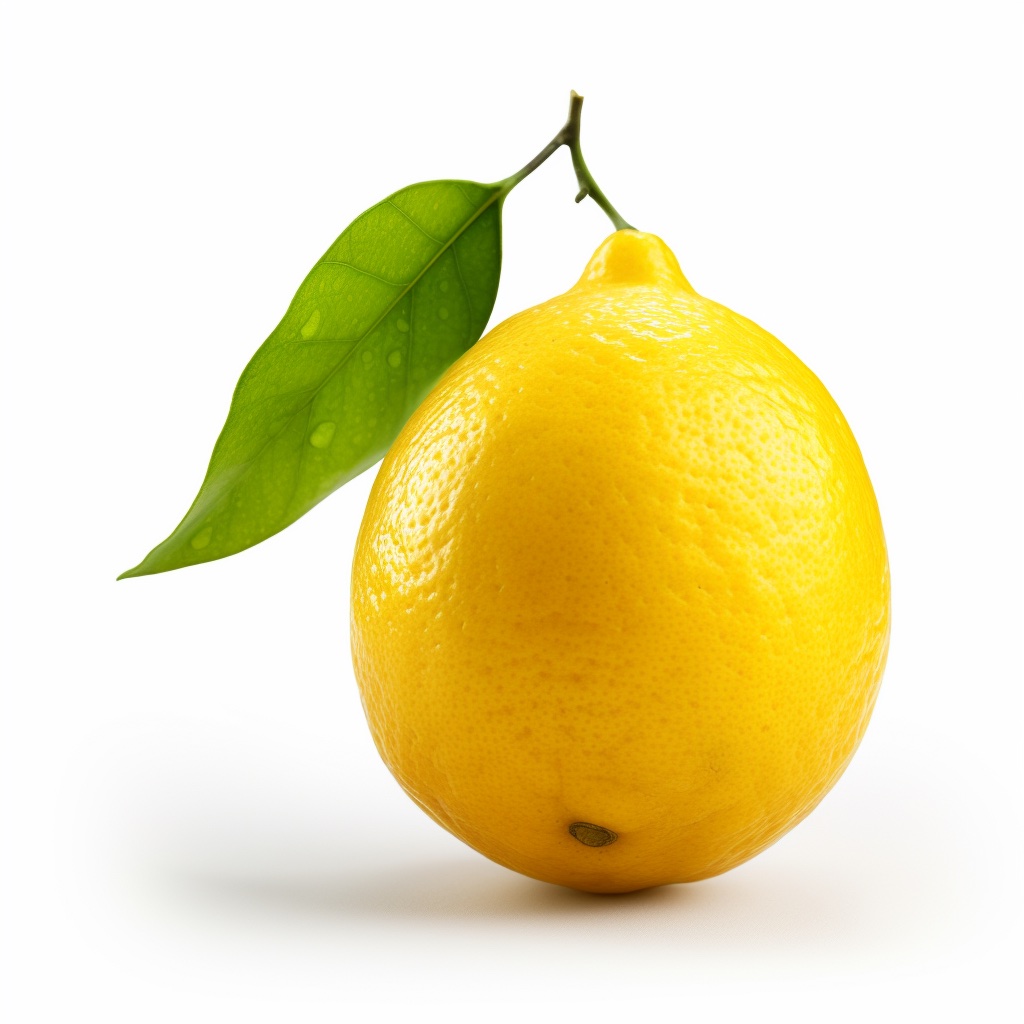
Lemon Products and Histamine Levels
This consideration extends beyond fresh lemons. Lemon-based products such as lemon juice, lemon zest, lemon preserves, and even dishes or drinks with substantial lemon content could potentially trigger histamine reactions. It's also crucial to note that processed, stored, or fermented products can often contain higher histamine levels.
Dealing with Histamine Intolerance
Everyone's body is unique, and reactions to histamine are no exception. Some individuals with histamine intolerance may tolerate small amounts of lemon or specific lemon-based products better than others. Always consult with a healthcare provider or a registered dietitian to help you design a diet that meets your unique needs.
Histamine-Low Alternatives
Searching for low-histamine alternatives to lemons? You might consider replacing the tangy flavor with other non-citrus fruits or herbs like apple cider vinegar, cucumbers, or fresh herbs like parsley and dill. Please remember, individual tolerance can vary, so it's recommended to test these alternatives and see how your body reacts.
Final Thoughts
Coping with histamine intolerance can be complex, but understanding the histamine content in foods like lemons can help you make more informed dietary choices. The aim is to maintain a well-rounded diet that pleases your palate without exacerbating symptoms. Remember, managing histamine intolerance is not about complete avoidance but about balance and personal tolerance.

